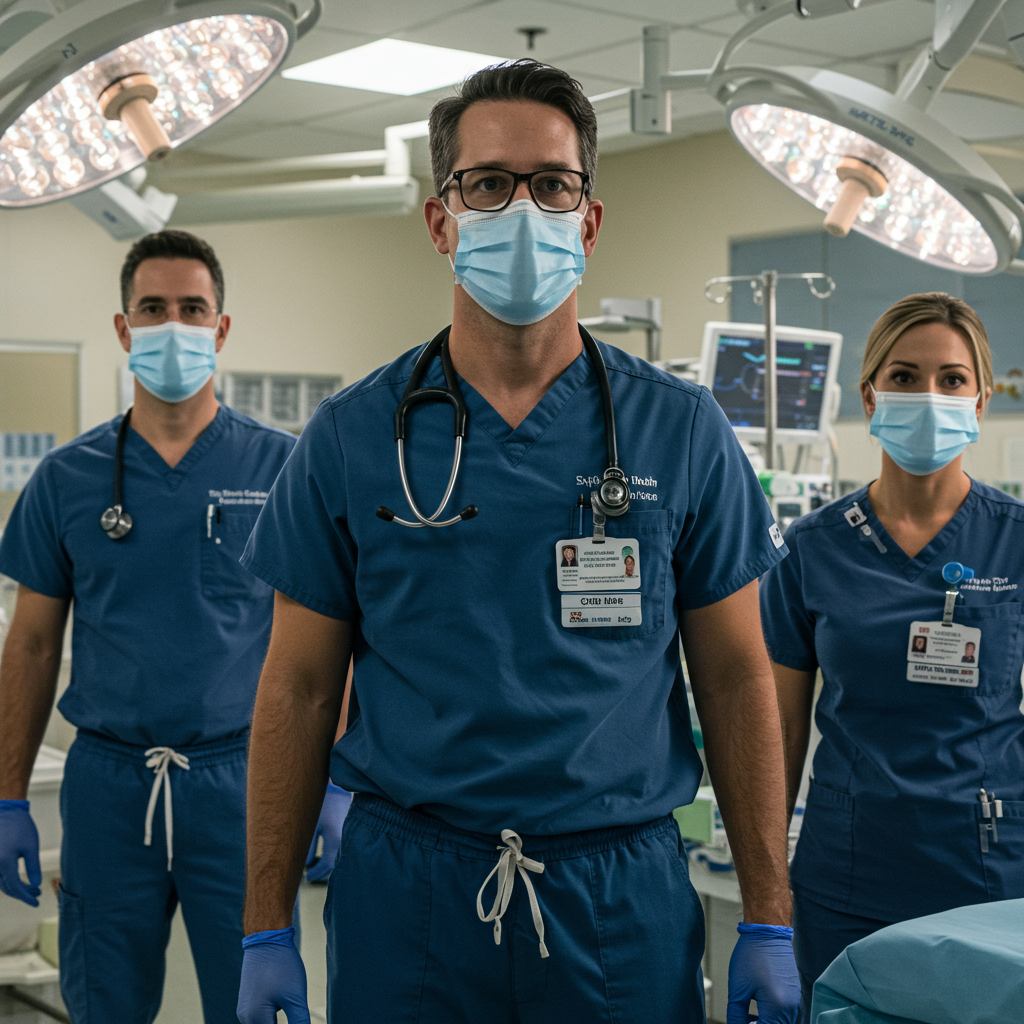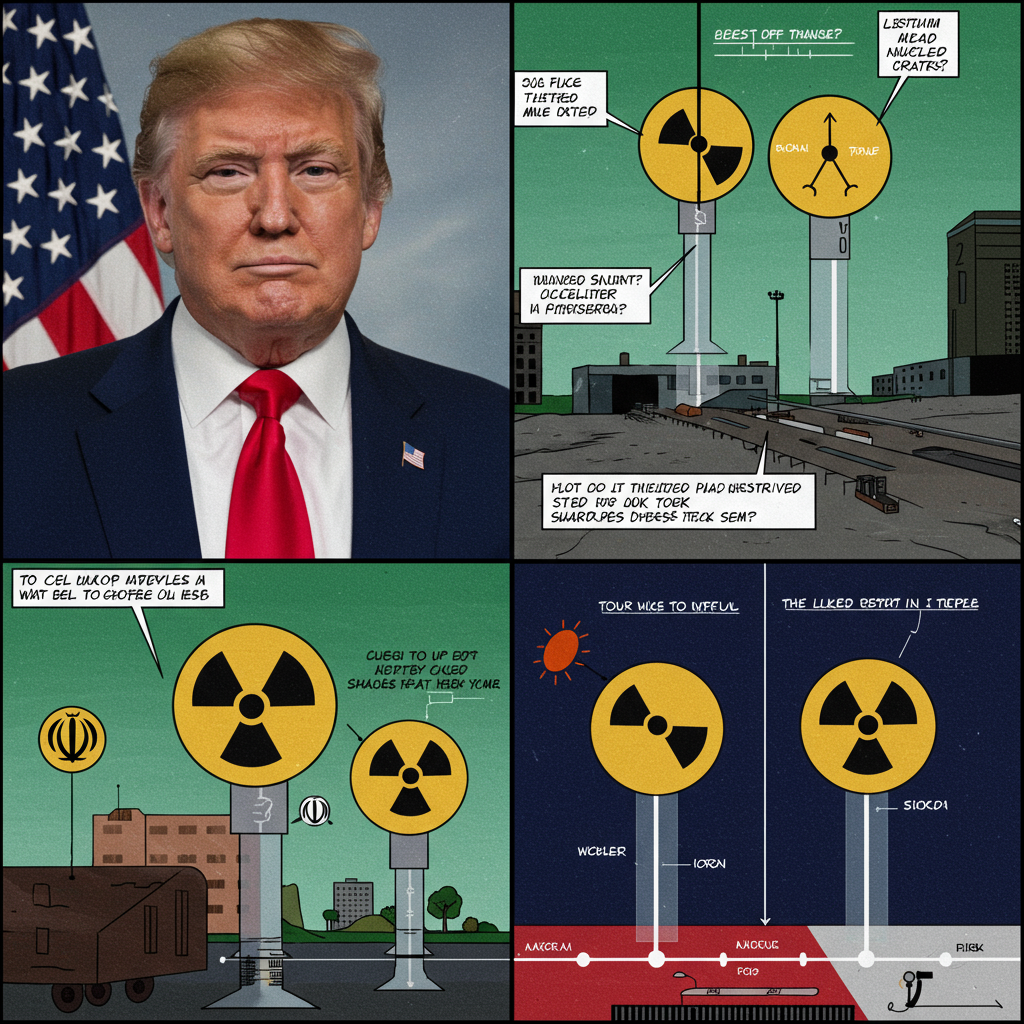North Carolina health officials have confirmed the state’s first measles case this year, prompting heightened vigilance among hospitals, particularly in the Triangle area. The confirmed case involves a young child in the Greensboro area, raising concerns about potential exposure in public spaces.
This development puts healthcare providers across the state on alert, actively looking for patients presenting with symptoms consistent with measles.
NC’s First Measles Case Confirmed
The North Carolina Department of Health and Human Services officially confirmed the diagnosis on Tuesday. The infected child is reported to have visited several public locations before the diagnosis, leading health officials to urge anyone who may have been in proximity to monitor themselves for symptoms.
Triangle Hospitals Increase Vigilance
Hospitals in the Triangle region are specifically increasing their preparedness. Infectious disease experts note that this case was not unexpected given the global and national trends of increasing measles outbreaks.
Dr. David Wohl, an infectious disease specialist at UNC Health, described the case as “inevitable” and anticipates the possibility of more cases due to measles’ extremely contagious nature. He explained that the virus can linger in the air and on surfaces, making transmission highly efficient.
Why Measles is a Concern Now
While measles was declared eliminated in the United States in 2000, primarily seeing cases linked to international travel, experts are concerned about a resurgence now.
Dr. Michael Smith, Duke Health Division Chief of Pediatric Infectious Diseases, points to declining childhood vaccination rates as a primary driver. He suggests that the increase in vaccine misinformation, particularly during the pandemic, including unfounded claims linking the MMR vaccine to autism, has contributed to fewer children being fully vaccinated in recent years.
Dr. Smith strongly refutes the autism link, emphasizing the vaccine’s safety and effectiveness. “The MMR vaccine does not cause autism,” he stated, reinforcing this not just as a doctor but as a parent whose own children are vaccinated.
Severity and Prevention
Measles is more than just a rash. It can lead to serious illness. Dr. Smith warned that even in the “best case scenario,” it can feel like an extremely severe cold. Critically, there is no specific treatment for measles once infected, making prevention through vaccination paramount.
According to the CDC, over 1,220 measles cases and three deaths have been reported across the United States this year. A significant majority – 95% – occurred in individuals who were either unvaccinated or whose vaccination status was unknown.
Recognizing Symptoms and Taking Precautions
Identifying measles quickly is crucial for controlling potential outbreaks. Both Dr. Wohl and Dr. Smith stress the importance of strong communication among all levels of healthcare – hospitals, clinics, urgent cares, pediatricians, and health departments.
They highlight that measles symptoms aren’t always the classic rash immediately visible. Initial signs can include:
High fever
Sore throat
- Red eyes
- www.wral.com
Healthcare providers need to be aware of these less obvious presentations to identify cases early.
For the public, monitoring for symptoms after potential exposure is key. Families planning travel, especially if unvaccinated, should be particularly cautious. With a confirmed case now in NC, and the potential for exposure in crowded areas like airports, getting vaccinated is considered the best protective measure.




